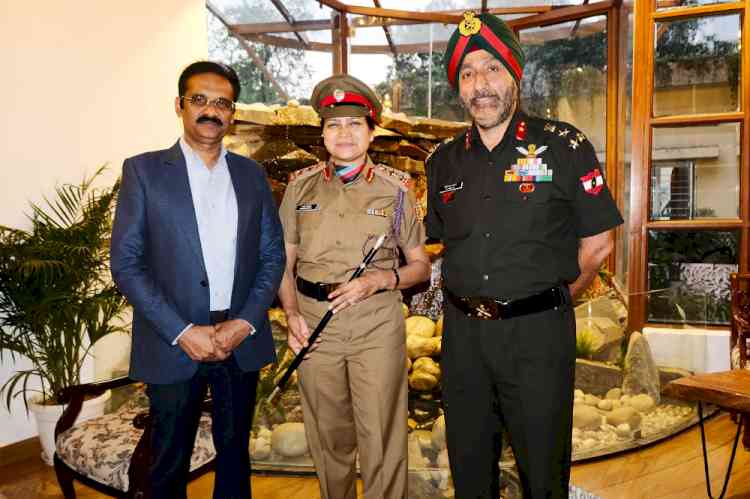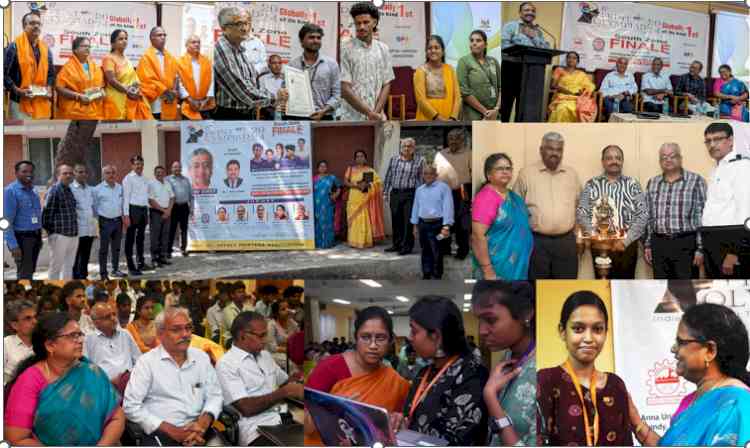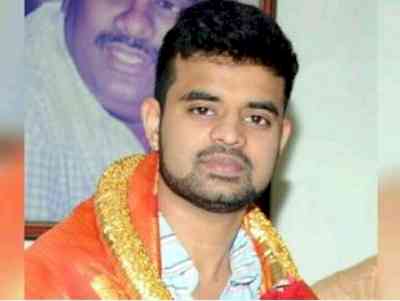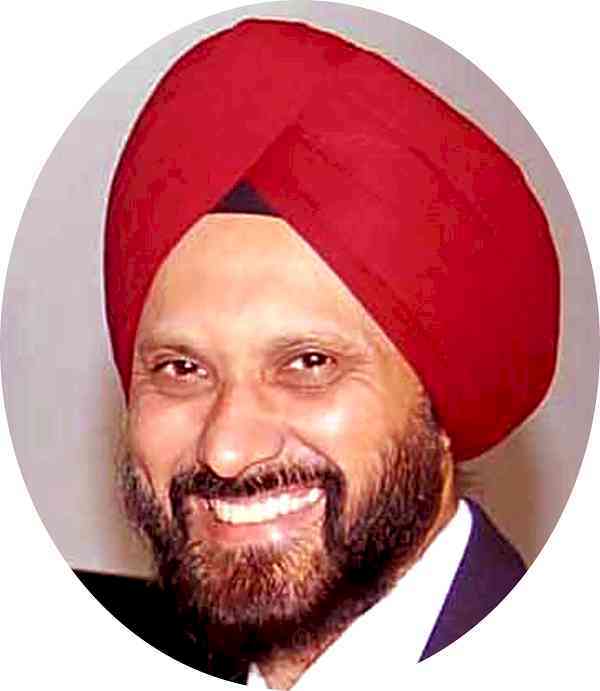Government is taking steps to reduce the patent application examination time to 18 months
Author(s): City Air NewsIPR enforcement tool kit enables police to beef up govt. machinery to handle infringement issues; FICCI commemorates World Intellectual Property Day 2017 NEW DELHI, April 28, 2017: Intellectual Property Rights regime...

IPR enforcement tool kit enables police to beef up govt. machinery to handle infringement issues; FICCI commemorates World Intellectual Property Day 2017
NEW DELHI, April 28, 2017: Intellectual Property Rights regime in India was undergoing a process of re-engineering. With the government and industry collaborating, the good dividends had already started coming in, said Mr.Rajiv Aggarwal, Joint Secretary, Department of Industrial Policy and Promotion (DIPP), Ministry of Commerce and Industry, Government of
India, at a conference on ‘IP: Innovation to Drive Business and Competitiveness’ organized by FICCI in association with the Department of Industrial Policy and Promotions (DIPP), Ministry of Commerce & Industry, Government of India to commemorate the World Intellectual Property Day 2017.
Mr.Aggarwal said that the tool kit to protect intellectual property (IP) rights which had been launched earlier in association with FICCI has enabled the law enforcement agencies especially police to help strengthen the government machinery to handle IP rights infringement issues.
This tool kit has been provided to all state police departments across the nation. He added that there was still a long way to go and with partners like FICCI the government was looking forward to step up its efforts.
Mr. Aggarwal said that recently Chandigarh was felicitated with an award for enforcement of IP in the country, which was a proof of government’s earnest intentions of fast-tracking enforcement in IP. He added that the government was taking steps, including hiring manpower, to reduce the patent application examination time to 18 months.
Alluding to the need of embedding the culture of IP early in life, Mr. Aggarwal said that a new drive had been initiated where awareness programs on IP were being run in schools as it would also enable in taking forward the agenda of innovation.
The conference aimed to capture the essence and increasing IP buzz in the country while providing a useful forum for various IP stakeholders to deliberate on the importance and potential of generating, protecting, enforcing, commercializing, and incorporating IP and innovation in the core of business strategies. The deliberations focused on how IP supported innovation by attracting investment, rewarded creators and encouraged them to develop their ideas ensuring, at the same time, that the emergent knowledge was ultimately available for the future innovators to develop further on the existing knowhow. The forum served as a platform for leading IP experts from India and abroad to discuss how to ensure that, in the days to come,
IP and Innovation become the driving force for business growth and competitiveness in India as well as globally.
In his address, Mr. Narendra Sabharwal, Chair, FICCI IP Committee & formal Deputy General, WIPO, who was also on the drafting committee of the new IPR Policy, said that a baseline survey should be undertaken by the stakeholders to audit the progress in the IP space, which would help in identifying the priorities as well as the gaps in the system. He added that
economic impact studies should also be carried.
Mr. Sabharwal said that there was a need to strengthen enforcement, especially, in the online arena and focus on appropriate commercialization of IP assets. He added that creation of human capital should be accorded priority. In recent years, Intellectual Property has spawned a new wave of technological innovations, leading to rapid economic growth and development. As businesses grow and attract competition, the need to identify, develop and leverage IP becomes even more important in order to sustain and thrive in the market.
The industry looks forward to the further strengthening of certain key areas of India’s IP regime. Stronger IPR enforcement and greater connectivity of IP policy with existing legislations and business environments are two such critical needs. These will not only incentivize innovation, but help attract investment that will create new jobs and opportunities. Indian business is confident that as the IPR Policy implementation moves forward, the economy will grow faster towards achieving the desired growth rate. The year 2017 marked a step forward for India in its IP history with the Indian leadership adequately recognizing the crucial role that intellectual property played in fostering innovation, accelerating growth and enhancing business competitiveness.

 cityairnews
cityairnews 
















